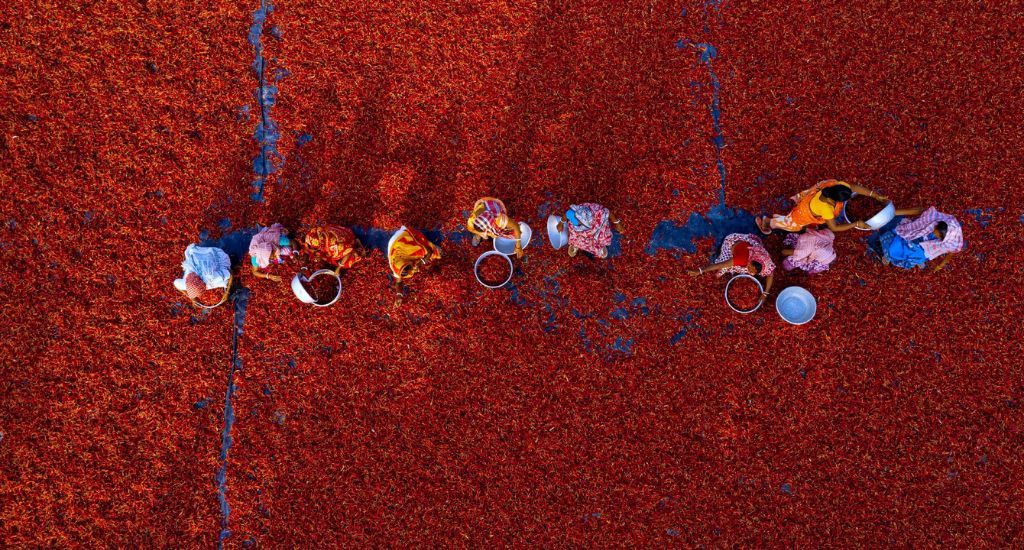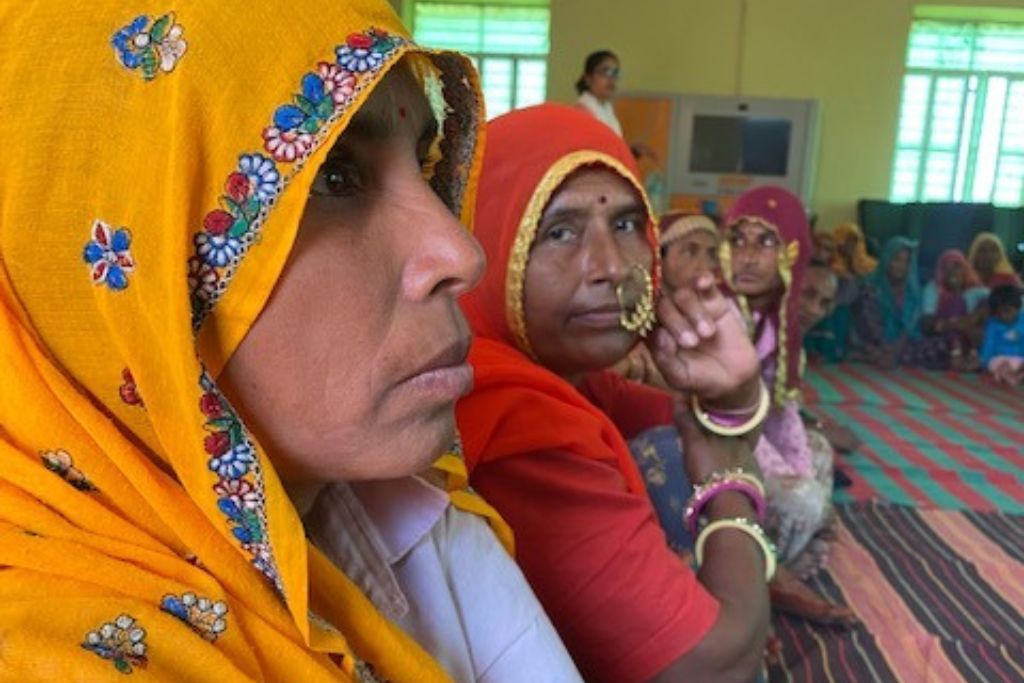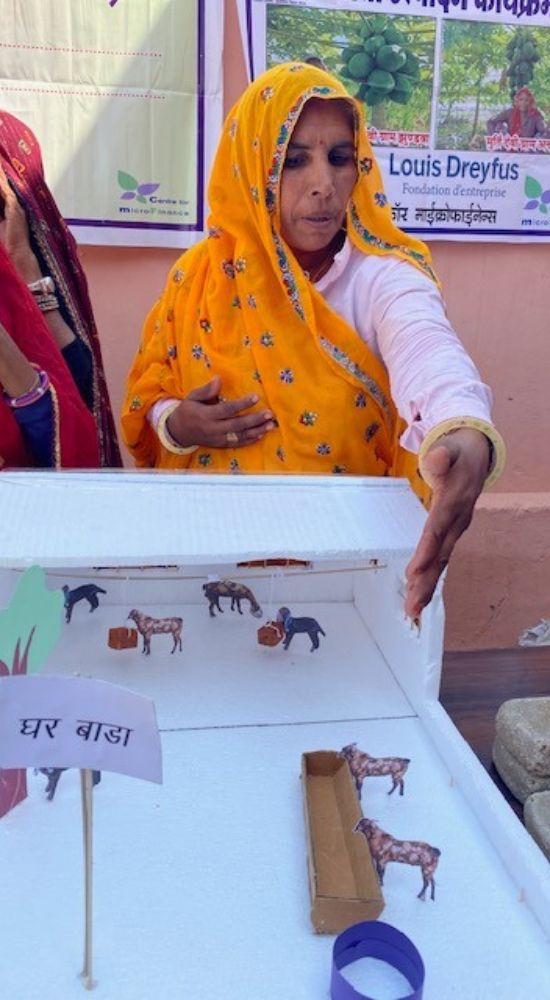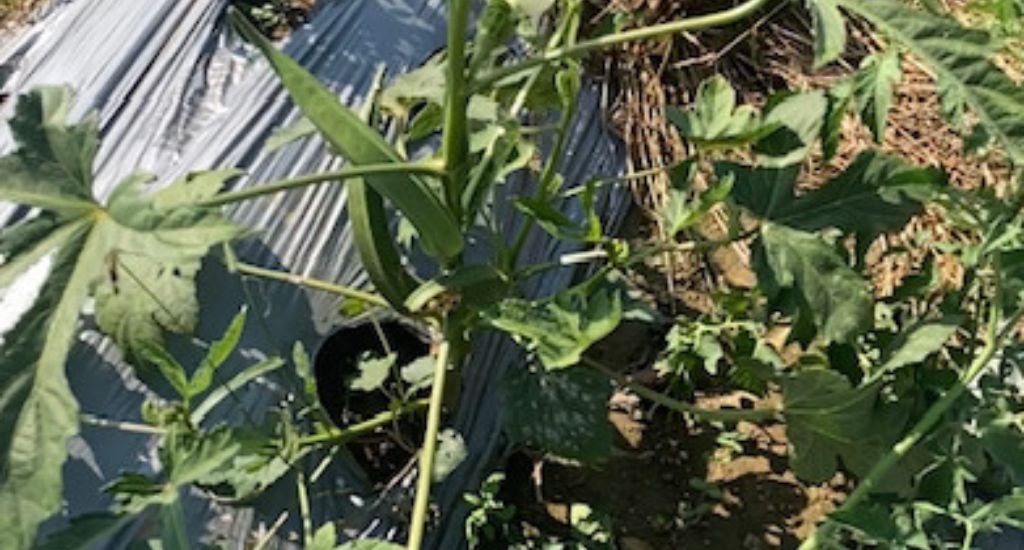
Rural women farmers plough their way to financial freedom
With a good push from self-help groups and NGOs, women who had never stepped out of their house without a man, are now earning a decent living and a lot of respect from farming.

With a good push from self-help groups and NGOs, women who had never stepped out of their house without a man, are now earning a decent living and a lot of respect from farming.
Krishna Devi ran for office in the panchayat elections and lost. But the 31-year-old from Choru village in Tonk district of Rajasthan didn’t lose heart or confidence. She will contest again the next time.
Her conviction stems from the fact that she is a financially independent rural woman – a farmer who earns more than Rs 1.56 lakh a year from the black gram and mustard she grows on the family’s small farm.
Diligence, thrift and enterprise bring more money – and freedom.
Some may set the achievements of Devi and other village women like her as aberrations or exceptions. But there’s no denying that they are among the trailblazers breaking new ground in conservative Rajasthan.

They have upended deep-seated social norms in a country that saddles extremes. India is one of the world’s fastest growing major economies, but also has one of the lowest rates of female employment because of patriarchal practices that had been historically and culturally embedded in society.
I’d never stepped out of my house without a male relative escorting me. Now I believe in myself. Nobody escorts me to the fields
But change comes, albeit slowly.
Social media, government programmes, NGOs and many global companies are injecting awareness, technical and financial support and instilling self-confidence to help rural women look beyond the social purdah (veil).
Also Read | How rural Rajasthani women break social shackles to earn freedom, respect from Africa tours
“I’d never stepped out of my house without a male relative escorting me. Joining Parvati (a self-help group) opened my eyes and many avenues. Now I believe in myself. Nobody escorts me to the fields these days,” said Devi, whose life is no longer confined to gender roles like household chores, cooking meals and raising children.
“I grow my own crops. We often discuss new farming techniques at SHG (self help group) meetings and experiment with them on our farms. They turn up good yields, great returns,” she said.
The project to empower women farmers with small land holdings began in 2020 in villages around Uniara tehsil, a drive of about three hours from Jaipur city. It was initiated with the support of Louis Dreyfus Foundation (LDF) and the Centre for Micro Finance (CMF), an NGO. The aim was to augment food security and income of women farmers.
Though women work the fields and tend crops and livestock, they typically don’t own land or property and have little say in family finances.
Entrenched and age-old defined gender roles often do not let women bring their produce to the market or decide on their pricing
According to Oxfam, 85% of Indian rural women are engaged in agriculture, yet only about 13% own land.
“We aren’t given the same respect as men. Without land rights, we don’t have much say over it. We don’t decide the price of crops, nor of the livestock. But things are changing. We’re being trained about climate, crop rotation, growing cash vegetables, pest control and much more,” said Shanti Devi, former sarpanch of Jhundwa village.
Given the situation, the project had to change things from the inside.

“Entrenched and age-old defined gender roles often do not let women bring their produce to the market or decide on their pricing,” said Vipin Gupta, CEO, India, Louis Dreyfus Company.
Every region and agricultural zone has its own challenges – identifying those were essential to finding the right solutions.
“The region mostly grows wheat, pearl millet (bajra), mustard and groundnut, but scientific interventions helped them grow vegetables like tomatoes, chilli, papaya and okra. This brings extra money,” said Gupta.
So far the project has helped 3,821 women farmers. Owing to its successful run, the programme has been extended to 2024, with an aim to empower another 6,000 women from 100 villages.
Kailashi Devi from Tejas Mahila Samiti of Kachrawata panchayat knew nothing of modern, sustainable farming techniques until she got coached at the SHG.
“We were provided special training on pre- and post-sowing care, pest control and organic farming. The pandemic slowed down the project, but we could incorporate most of what was taught to us. Our yields have shot up now,” said Kailashi Devi, who also learned new skills on livestock rearing.
In the semi-arid land where they live, the women farmers were encouraged to adopt drip irrigation.

The outcome speaks for itself at Ramjanki Devi’s vegetable garden lush with tomatoes, chillies and okra. The 33-year-old from Jhundwa village has been earning around Rs 2.3 lakh a year from her farm and Rs 22,000 from livestock after the project’s intervention.
The women are taught to make an organic manure and pesticide mixture like “Jeevamrut”—a cocktail of cow dung and urine, chickpea flour and molasses fermented in water and fine dirt.
“It takes around 15 days to turn the mash into fertiliser. It’s sprayed on plants and roots. This bio-pesticide saves a lot of money. I sell it for Rs 5 a litre. I also prepare other pesticides like Brahmastra,” said Sugna Devi, who fends for herself, children and mother-in-law after Covid took her husband.
Also Read | Seed guardians of Banswara revive traditional varieties
Financial literacy was another aspect of training.
Mallika Srivastava, executive director of CMF, said gender prejudice regularly posed obstacles when a woman farmer approached a bank for credit.
“They’re not designated farmers, lands are not in their names and lack of collateral prevents them from borrowing money,” she said.
They couldn’t buy fertilisers, seeds and farm tools without adequate funds, or adopt sustainable practices to increase crop yield.
So the women put around Rs 20 a month in their SHG kitty and money from this pool is given as loans when any member is in need of immediate cash.
“Make us equal stakeholders in the agriculture story of our country. We often go beyond our duties to prove ourselves as equally capable. If that’s accepted, the elementary transformation in India’s agricultural economy would be easy,” Shanti Devi said.
The lead image at the top shows women farmers making dried red chillies in Rajasthan (Photo by Madhumita Chatterjee)
Rakhee Roytalukdar is a journalist based in Jaipur, Rajasthan.